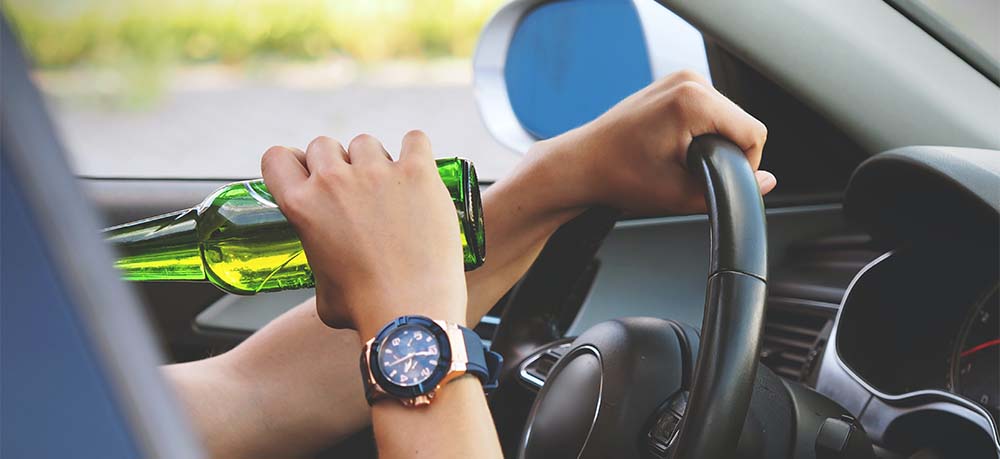By: Paul B. Kennedy
[ad_1]
A drunk driving case is a very evidence-intensive undertaking whether or not there was a breath or blood test. In a typical DWI case you will have at least two offense reports, three if there was an accident involved. There will be documents bearing statutory warnings. Most likely there will be a videotape of your client at the scene or at the station.
Throw a breath test into the mix and now you have affidavits, breath test slips and maintenance records.
As an attorney defending a DWI case, you will information from your client, the scene of the stop and from any witnesses or potential witnesses. You will also need to serve subpoenas on the officers involved for a license suspension hearing.
The sheer volume of material can be overwhelming for any one attorney. In my practice I use a private investigator to do much of the legwork. Here are three ways in which a private investigator can make your life easier when defending a drunk driving case.
Visiting the scene. Once I have reviewed the offense report and watched the video in a new DWI case, I call up my investigator and send him to the scene to take photographs of the road, sidewalk, parking lot and surroundings. He takes a 48-inch level and a yardstick to check elevations. He will visit the scene near the time of the stop to check conditions as they were at the time of the arrest and he will visit during daylight to check the elevations.
My investigator then becomes a fact witness and can testify to the conditions at the scene. He can testify as to whether the field sobriety exercises were administered on a hard, level surface per the NHTSA Manual.
Interviewing witnesses. During my initial interview, I get the names and phone numbers of the people whom my client was with the day of the arrest. From the offense report (and accident report, if any), I get the names and phone numbers of any eyewitnesses. I give this information to my investigator and he conducts interviews with all witnesses and potential witnesses and prepares a report based on his interviews. In cases involving accidents, I have even had him speak with the other driver to find out how the accident occurred.
By delegating these tasks to my investigator I create a potential impeachment witness should any of the interviewees change their story on the witness stand. Were I to conduct the interviews, I would only be able to challenge the revised story through cross examination.
Serving subpoenas. In the administrative license revocation process, attorneys are responsible for serving their own subpoenas to the officers involved in the stop. An experienced investigator who is familiar with the rules and customs of area law enforcement agencies is a must-have in a DWI case. In many cases I will issue subpoenas without going through the court as a tactical decision. I have my investigator serve these requests for documents as well. I prefer to do as much of my case preparation “under the radar” as I can.
The benefit of using an investigator is not confined to drunk driving cases, I have used my investigator on assault cases as well as narcotics cases involving vehicle stops. Having a second set of eyes provides me with more time for case preparation and life outside the office.
If you’ve been wrongly arrested for DWI, you need an experienced DWI attorney to defend your rights and restore your reputation. Contact Houston DWI Attorney Paul B. Kennedy for more information and a free consultation.
[ad_2]
Source














